To the untrained eye, it might seem like the only difference between cameras is the price tag (and let’s face it, some of those price tags are UP THERE!). Today we are going to take a look at why some people choose full frame vs crop sensor cameras and what differentiates these two.
Full Frame vs Crop Sensor
What is a Sensor?
Your camera’s sensor is literally how sensitive your camera is to light and the device that records information when a photo is taken. When you increase the ISO setting on your camera, it makes the sensor more sensitive to light it receives. Remember that when you have a higher ISO, it will introduce more noise and grain into your image.
Sensor size can affect the quality of your photos because a larger sensor can record more information (giving you a better image from the start). A smaller sensor can feel limiting to a photographer in some cases, especially when you’re dealing with low light situations. The other big effect of the sensor size is how much of the scene that can actually be viewed and photographed when you are looking through the lens.
Many entry-level DSLR cameras are crop-sensor cameras.
Most, professional or high-end camera bodies are full-frame.
Common Sensor Sizes
Black Border – Full Frame
Red and Green Border – Canon Crop (1.3, 1.6)
Yellow Border –Nikon and Sony Crop Sensor (1.5)
When you have a full frame sensor, it mimics the frame size of the old 35mm film. This is considered the “standard sensor size” in the industry. Cropped sensors (APS-C) are a lot smaller than full frame sensors. As you can see in the photo above (and depending on what model you get): Canon uses a slightly smaller sensor size for their APS-C bodies than Nikon and Sony.
I’m a Canon girl and have worked with both crop sensor and full frame bodies, but am currently shooting with full frame cameras exclusively.
Crop sensor comparison on image from MCPActions.com
Advantages and Disadvantages
Full Frame Advantages
- better at recording the image straight out of the camera (especially in low light)
- Grain or digital noise is not predominant, even at higher a ISO
- Able to view and record more of the scene you are photographing
Crop Sensor Advantages
- Much more affordable than a full frame camera
- Because of the crop factor, you’re getting more zoom for your money
- Easier to tote around on photo outings
Full Frame Disadvantages
- Camera body is larger/heavier
- Lenses are bulkier and heavier as well
- Much higher price tag
Crop Sensor Disadvantages
- Harder to achieve a shallow depth of field
- Difficulty shooting in low light
- Autofocus system is not as sophisticated and has a harder time grabbing focus
The million dollar question: Do I Need A New Camera?!
The short answer: Not necessarily. When it comes to choosing whether to upgrade to full frame or not, it really depends on the type of photography that you do. Owning a full frame camera camera doesn’t make you a professional any more than owning a paintbrush makes you Picasso.
I’m a big believer that you should only upgrade your gear when it can no longer perform the job that you need it to do.
Want to learn more about using your camera?
Fresh Look Photography offers classes, workshops and one on one lessons to help you get the most out of your awesome camera! If you want to learn more, feel free to use the Contact Me area of our website, or give us a call at 757-749-5350 so we can set something up!


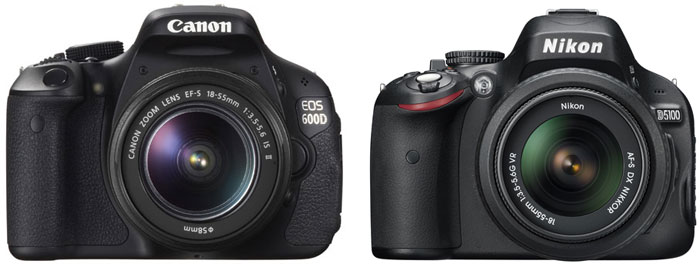
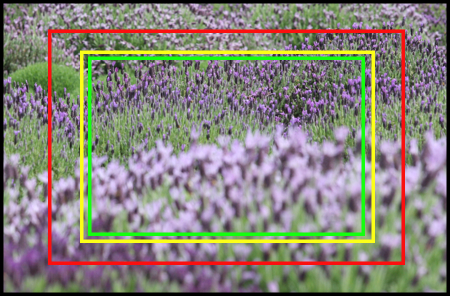
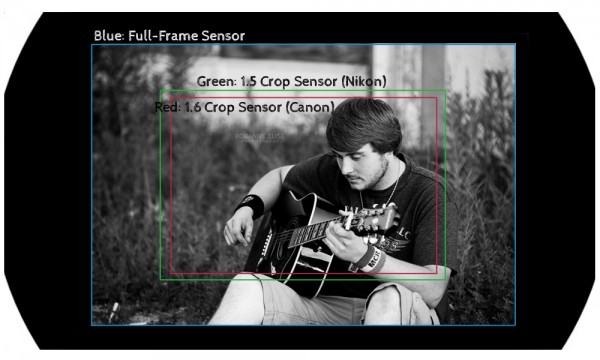

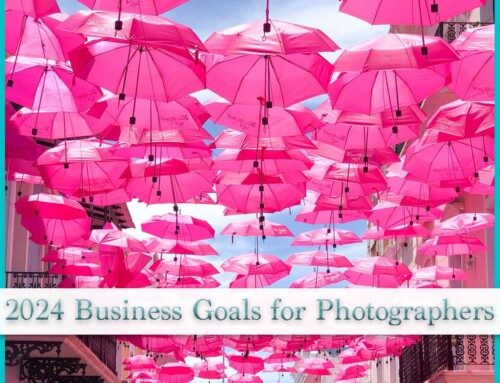
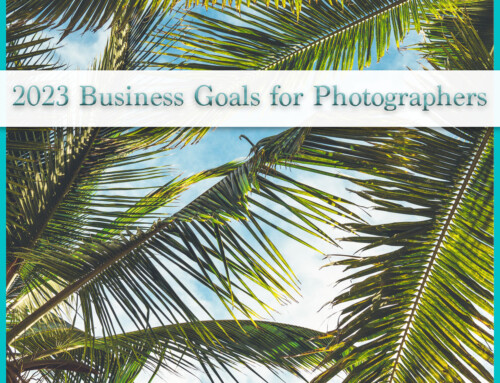



Great information! You explained it quite easily.
Yay! Glad it helped Lilly 🙂